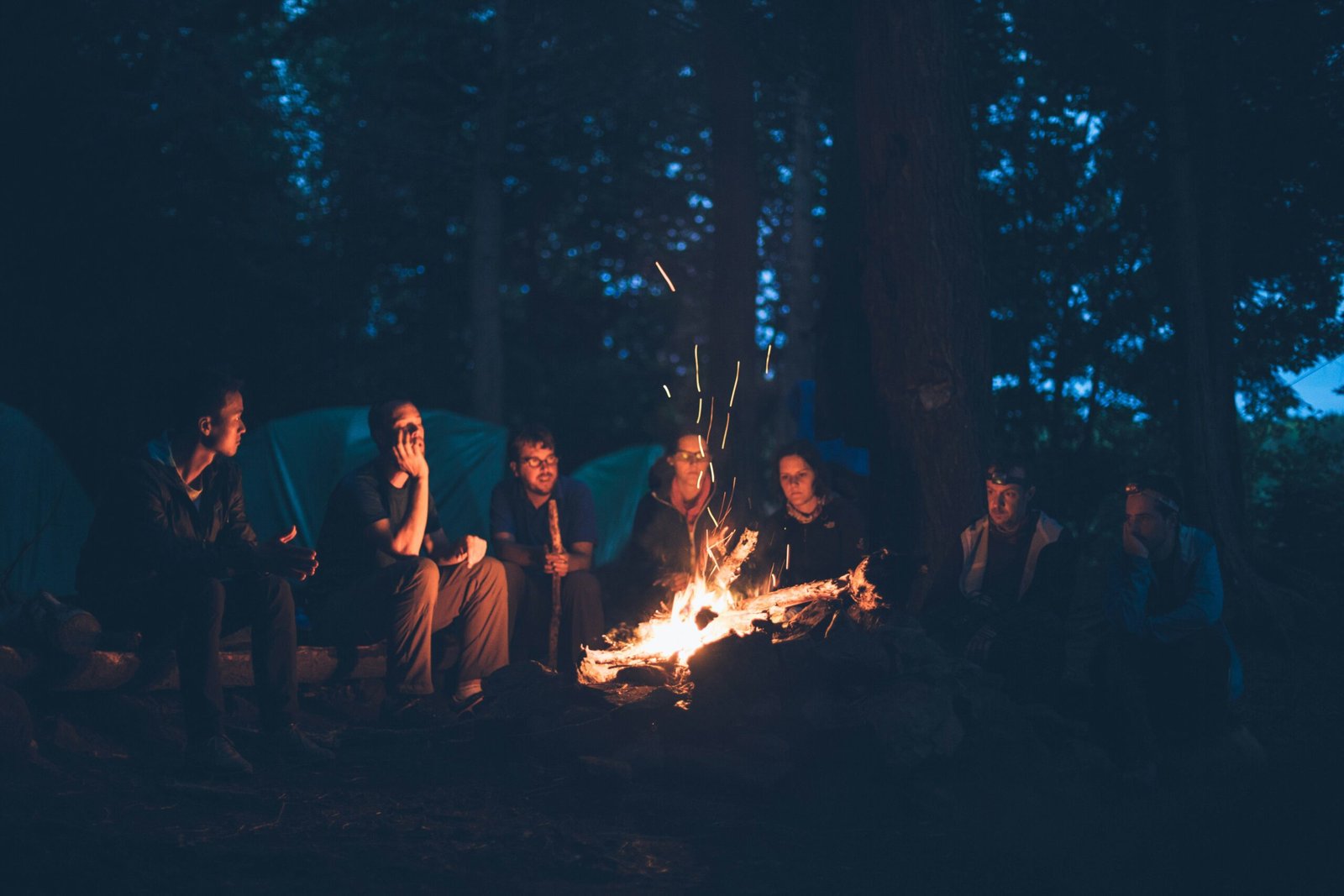Choosing the Right Campsite: Top Canadian Camping Destinations
Canada is renowned for its vast and diverse landscapes, offering numerous camping destinations for outdoor enthusiasts. Among the most celebrated is Banff National Park in Alberta. Nestled in the heart of the Canadian Rockies, Banff is a haven for nature lovers, boasting spectacular mountain views, crystal-clear lakes, and abundant wildlife. The park offers a variety of campsites, including backcountry sites for experienced hikers and RV-friendly spots for those seeking a more comfortable experience.
Moving east, Algonquin Provincial Park in Ontario is another top destination. This park is a mosaic of forests, rivers, and lakes, making it ideal for canoeing, fishing, and wildlife observation. With a mix of front-country campsites and secluded backcountry spots, Algonquin accommodates both novice campers and seasoned adventurers. The park’s network of trails and waterways ensures that every visit is unique and memorable.
In Newfoundland and Labrador, Gros Morne National Park stands out for its dramatic landscapes, including fjords, mountains, and coastal shores. This UNESCO World Heritage site offers a variety of camping options, from well-equipped front-country sites to more rugged backcountry locations. Gros Morne’s diverse terrain and rich geological history make it a must-visit for geology enthusiasts and outdoor adventurers alike.
For those seeking lesser-known gems, Kejimkujik National Park in Nova Scotia offers a tranquil escape with its serene lakes and dense forests. Known for its rich Mi’kmaq heritage, the park provides both front-country and backcountry camping options, catering to different levels of experience. Its dark sky preserve status also makes it an excellent spot for stargazing.
On the west coast, Pacific Rim National Park Reserve in British Columbia offers a unique coastal camping experience. With its lush rainforests, rugged coastline, and abundant marine life, the park is perfect for those interested in beachcombing, surfing, and wildlife watching. The variety of campsites, including those suitable for RVs and backcountry enthusiasts, ensures that every camper can find their ideal spot.
In summary, Canada’s diverse camping destinations offer something for every type of camper. Whether you prefer the majestic mountains of Banff, the serene waters of Algonquin, the rugged beauty of Gros Morne, the tranquil forests of Kejimkujik, or the coastal splendor of Pacific Rim, there is a perfect campsite waiting for you. By considering the type of campsite—be it front-country, backcountry, or RV-friendly—you can ensure a memorable and enjoyable camping experience in the Canadian wilderness.
Essential Tips and Gear for a Successful Camping Trip
Embarking on a camping adventure in Canada requires thorough preparation and the right gear to ensure a safe and enjoyable experience. Selecting the appropriate equipment is the first step. A sturdy, weather-resistant tent is crucial, as it provides shelter from the elements. Ensure the tent is suitable for the number of campers and the specific season. A high-quality sleeping bag is equally important; opt for one that offers adequate insulation for the expected temperatures. A sleeping pad can enhance comfort and provide additional insulation from the cold ground.
Cooking equipment is another essential component. A portable stove, lightweight cookware, and utensils are necessary for preparing meals. Don’t forget to pack enough fuel for the stove, and bring along easy-to-cook, non-perishable food items. Proper clothing is vital, given Canada’s varied weather conditions. Layering is key: moisture-wicking base layers, insulating mid-layers, and waterproof outer layers will help you stay dry and warm. A good pair of hiking boots, a hat, and gloves are also advisable.
Efficient packing is critical to making your camping trip manageable. Use a checklist to ensure you have all necessary items, such as a first aid kit, maps, and navigation tools (GPS or compass). Safety gear, like a multi-tool, flashlight, extra batteries, and a whistle, should be included. When it comes to packing, distribute weight evenly and keep essential items accessible.
Mastering fundamental camping skills enhances your outdoor experience. Practice setting up your tent before the trip, learn how to build a campfire safely, and familiarize yourself with Leave No Trace principles to minimize your environmental impact. Understanding how to handle wildlife encounters is also crucial; store food securely and maintain a safe distance from animals.
Monitoring weather patterns and staying connected in remote areas can be challenging. Check weather forecasts regularly and be prepared for sudden changes. Carrying a satellite phone or emergency beacon can be a lifesaver in areas with limited cell service. By following these tips and preparing adequately, you can ensure a memorable and successful camping trip in the Canadian wilderness.
